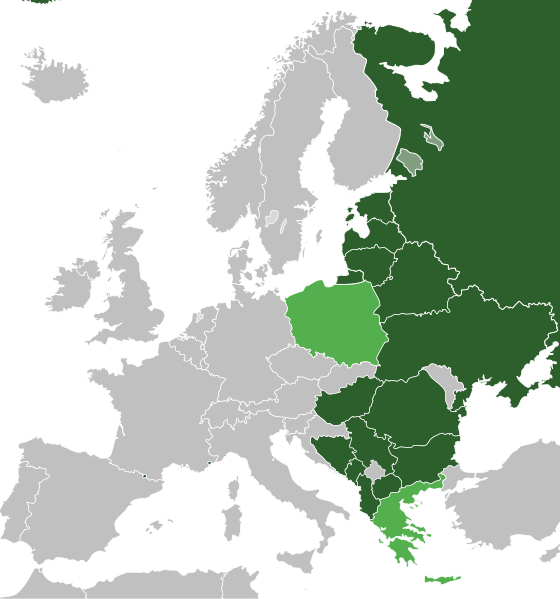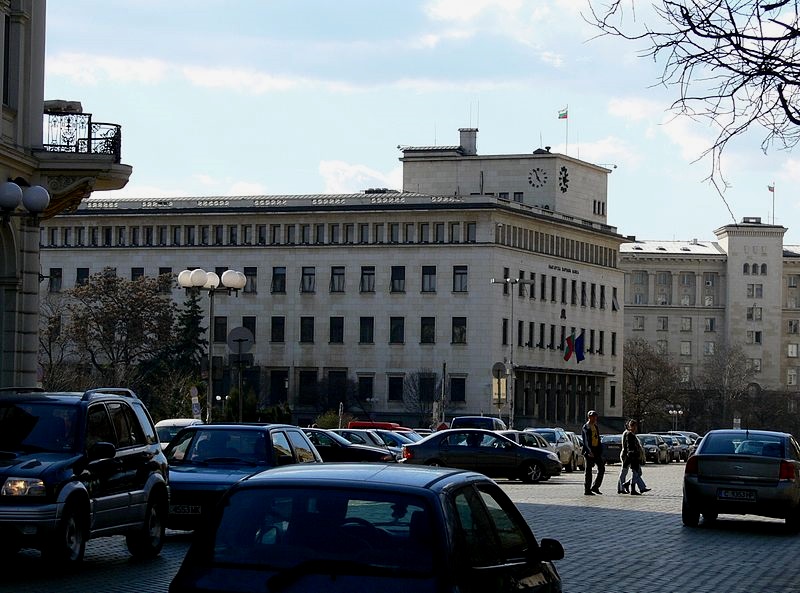
MonkeyParking and Tragedy of Commons
BY
Tomas Forgac / July 18, 2014
In case of San Francisco parking spaces, the city obviously rents out these spaces way below market price (or even free), which makes it financially interesting for (probably unemployed or underemployed) drivers to occupy them and sell them off for market rates.











